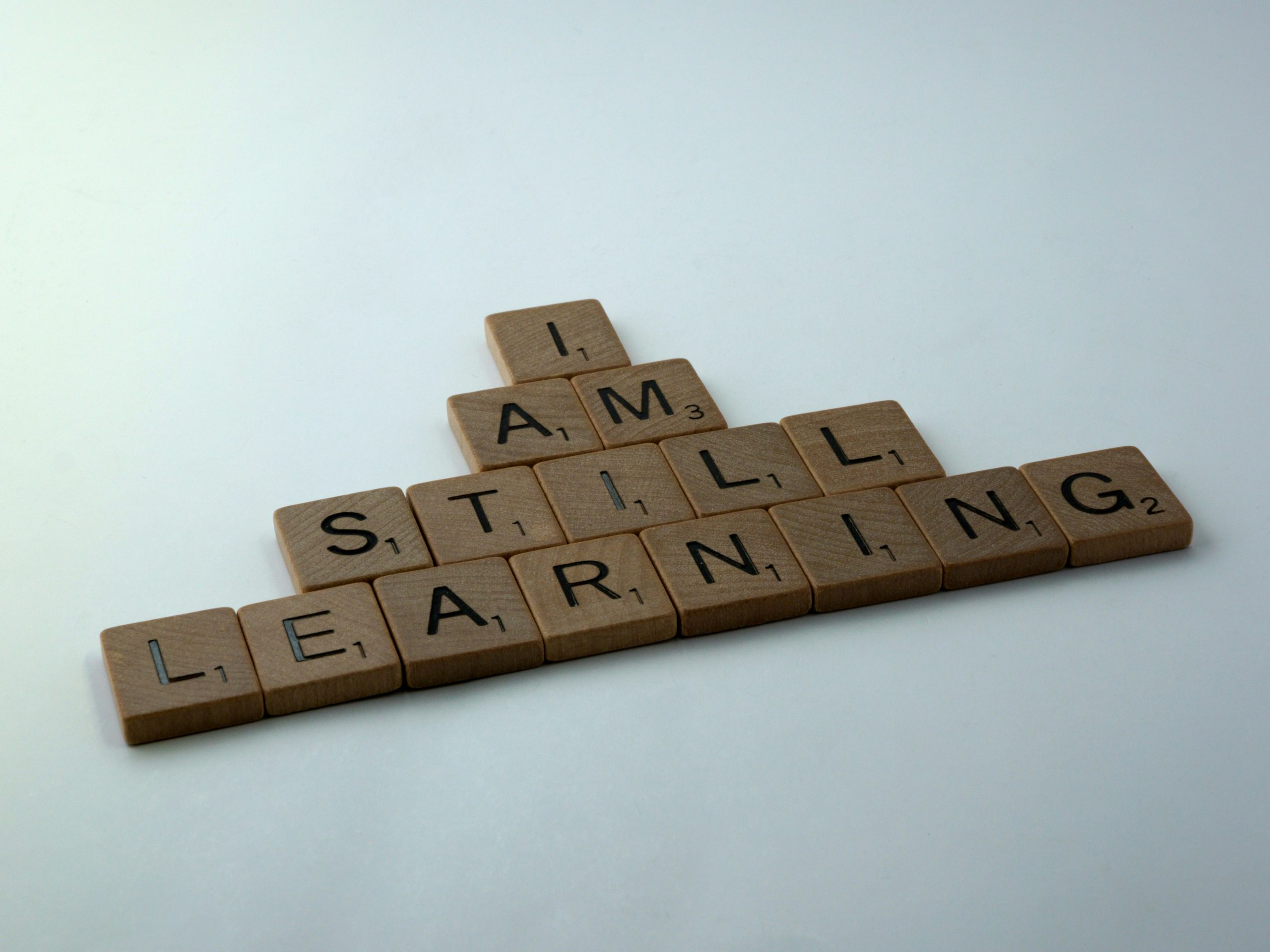Assessing the Value of Non-Cognitive Skills Development
In today’s job market, having a strong set of skills is essential in order to succeed. Usually, when we think of skills, we tend to focus on traditional cognitive abilities, such as critical thinking, problem-solving, and technical knowledge. However, there is an increasing emphasis on non-cognitive skills, also known as soft skills or personal qualities. These skills include adaptability, communication, teamwork, and time management. While they may not be as easily quantifiable as cognitive skills, they are just as important and can greatly impact an individual’s personal and professional success.
What are Non-Cognitive Skills?
Non-cognitive skills, also referred to as soft skills, are defined as personal qualities that enable individuals to interact effectively and harmoniously with others. They are the personal attributes that facilitate learning, achievement, and overall success in life. These skills include social and emotional intelligence, interpersonal communication, self-awareness, self-management, and resilience.
Why are Non-Cognitive Skills Important?
According to a recent report by the World Economic Forum, 35% of the skills that are currently in demand will change by 2020. This means that individuals need to be adaptable, open to learning, and have the ability to continually develop new skills. Non-cognitive skills are essential in this ever-changing job market, as they allow individuals to be flexible and adjust to new challenges and situations.
Moreover, non-cognitive skills are crucial for effective teamwork and collaboration. In today’s workplace, teams are becoming the norm, and the ability to work well with others is highly valued. Non-cognitive skills such as communication, empathy, and conflict resolution are essential in building strong working relationships and achieving common goals.
Additionally, the development of non-cognitive skills can lead to improved overall well-being and mental health. Research has shown that people with strong non-cognitive skills are better equipped to cope with stress, manage their emotions, and have a more positive outlook on life.
The Value of Assessing Non-Cognitive Skills
While non-cognitive skills are vital, they can be challenging to measure and assess. Traditional forms of assessment, such as exams and tests, do not capture an individual’s soft skills. This is where the value of assessing non-cognitive skills comes in.
Assessing non-cognitive skills can provide individuals with insight into their personal qualities, strengths, and areas for improvement. This can be done through self-assessment tools, peer assessment, or via feedback from coaches or mentors. By understanding one’s non-cognitive skills, individuals can set goals to develop and improve in these areas, leading to personal growth and development.
Moreover, employers are increasingly recognizing the importance of non-cognitive skills in their hiring processes. Many companies now include behavioral and situational questions in job interviews to evaluate an individual’s soft skills. By assessing these skills, employers can determine an individual’s fit within the company culture and their potential for success in the role.
Challenges in Assessing Non-Cognitive Skills
Despite the value of assessing non-cognitive skills, there are several challenges that must be addressed. One of the main challenges is the subjectivity of these assessments; soft skills can be difficult to measure objectively since they involve personal qualities and behaviors.
Another challenge is the lack of standardized assessment tools for non-cognitive skills. While there are various methods for assessing cognitive skills, there is no widely accepted method for evaluating soft skills. As a result, there is a need for further research and development in this area.
In Conclusion
The demand for non-cognitive skills is on the rise, as they are essential for personal and professional success. The value of assessing these skills cannot be underestimated. By understanding one’s non-cognitive skills, individuals can work towards personal growth and development, while employers can make more informed hiring decisions. As the job market continues to evolve, the assessment of non-cognitive skills will become even more crucial in determining an individual’s potential for success in the workplace.










